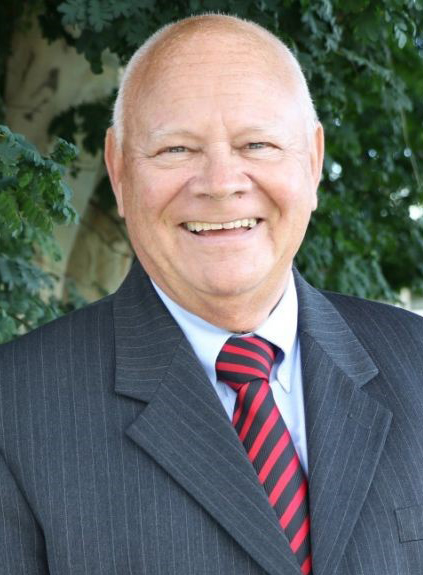Effective Board members both have skills and experience to benefit the club and an ability to consider and adjust their own processes, says industry consultant Warren Tapp.
*
In today’s business environment Boards can no longer simply rely on expertise and experience as key drivers of performance.
Today we need directors who possess a deep and dynamic self-awareness. This involves a crucial alignment of purpose with behaviours, and reflection.

Each Board member should cultivate an understanding of their unique strengths, blind spots and internal dynamics to make faster and smarter decisions. A recent survey found 56 per cent of boards were process-focussed and not behaviourally focussed. There is a high correlation between decision-making effectiveness and financial results, and low recognition of bias awareness in decision-making.
So, are you smart enough to spot your own limitations as a director? What they call meta-cognitive reflection allows you to critically reflect on your own thinking and decision-making as a director.
The Chair has a role to play in encouraging this kind of reflection for each director while also seeking diversity of thinking around the Board table. There must be a culture of openness that encourages equal contributions from all Directors, while not relying on intuition and experience alone. If one Director does have blind spots that should be a discussion between the Chair and that Director.
Board reviews should also explore areas such as interpersonal dynamics, decision-making effectiveness, self-awareness, and any outdated thought processes. The goal is for each Director to be proactive and not reactive.
Perhaps raise this with the Chair for future discussion, meanwhile do some self-refection on your own behaviour as a Director. A self-aware Board will add real value to their company and its shareholders.
Warren Tapp

